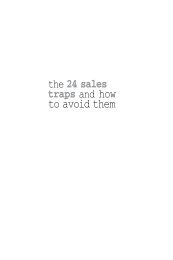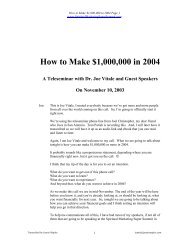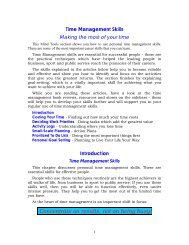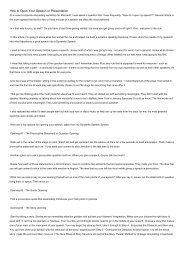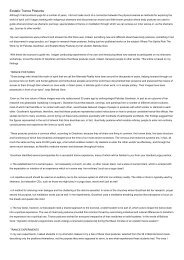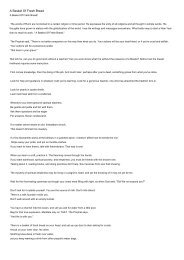Executive Coaching - A Guide For The HR Professional.pdf
Executive Coaching - A Guide For The HR Professional.pdf
Executive Coaching - A Guide For The HR Professional.pdf
Create successful ePaper yourself
Turn your PDF publications into a flip-book with our unique Google optimized e-Paper software.
188 EXECUTIVE COACHING<br />
............................<br />
point, it is incumbent on the coach to develop a coaching plan to<br />
help the client achieve the desired goals.”<br />
Information Sharing<br />
One of the main requirements in coaching is trust. Any successful<br />
coaching relationship is built on mutual trust between the coach<br />
and the client. <strong>The</strong> relationship is based on privileged communication<br />
between you and your coach, and often the information that<br />
is exchanged may be potentially damaging. If there is a breakdown<br />
in trust, the coaching engagement is clearly bound to fail. <strong>The</strong>refore,<br />
the issue of confidentiality is crucial to coaching.<br />
When being coached, you will share delicate private and corporate<br />
information with your coach in order to explore developmental<br />
opportunities. Naturally, this situation may cause concerns<br />
from your perspective as well as from the coach’s perspective. You<br />
might wonder who else has access to the information. How can<br />
you be assured that the information is not shared with someone you<br />
don’t trust? Who knows that you are being coached? Will the information<br />
shared have an impact on your promotion or salary?<br />
<strong>The</strong> coach, who is usually paid by your organization, faces a different<br />
conflict: Am I obliged to share a progress report with my<br />
client’s supervisor, Human Resources, or the sponsor? If so, how<br />
much detail do I go into? Who in the organization needs to be<br />
informed if my client shares information about illegal wrongdoings<br />
involving either the client or other organizational members? All<br />
these concerns are legitimate and need to be addressed before<br />
attempting to build a trusting, open relationship.<br />
If you believe that your coach is sharing private information or<br />
if the coach feels caught up in an organizational power struggle, the<br />
relationship is likely to crumble. Confidentiality is therefore both<br />
an ethical and a practical issue.<br />
<strong>Executive</strong> <strong>Coaching</strong>. Copyright © 2005 by John Wiley & Sons, Inc. Reproduced by<br />
permission of Pfeiffer, an Imprint of Wiley. www.pfeiffer.com





